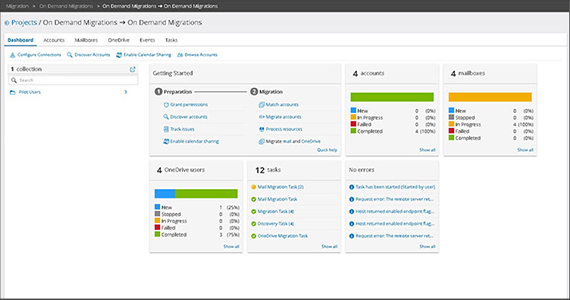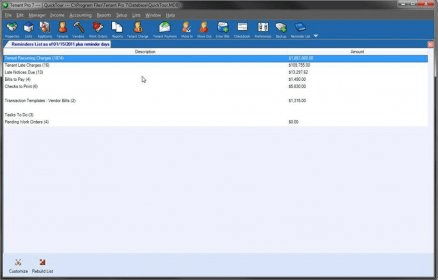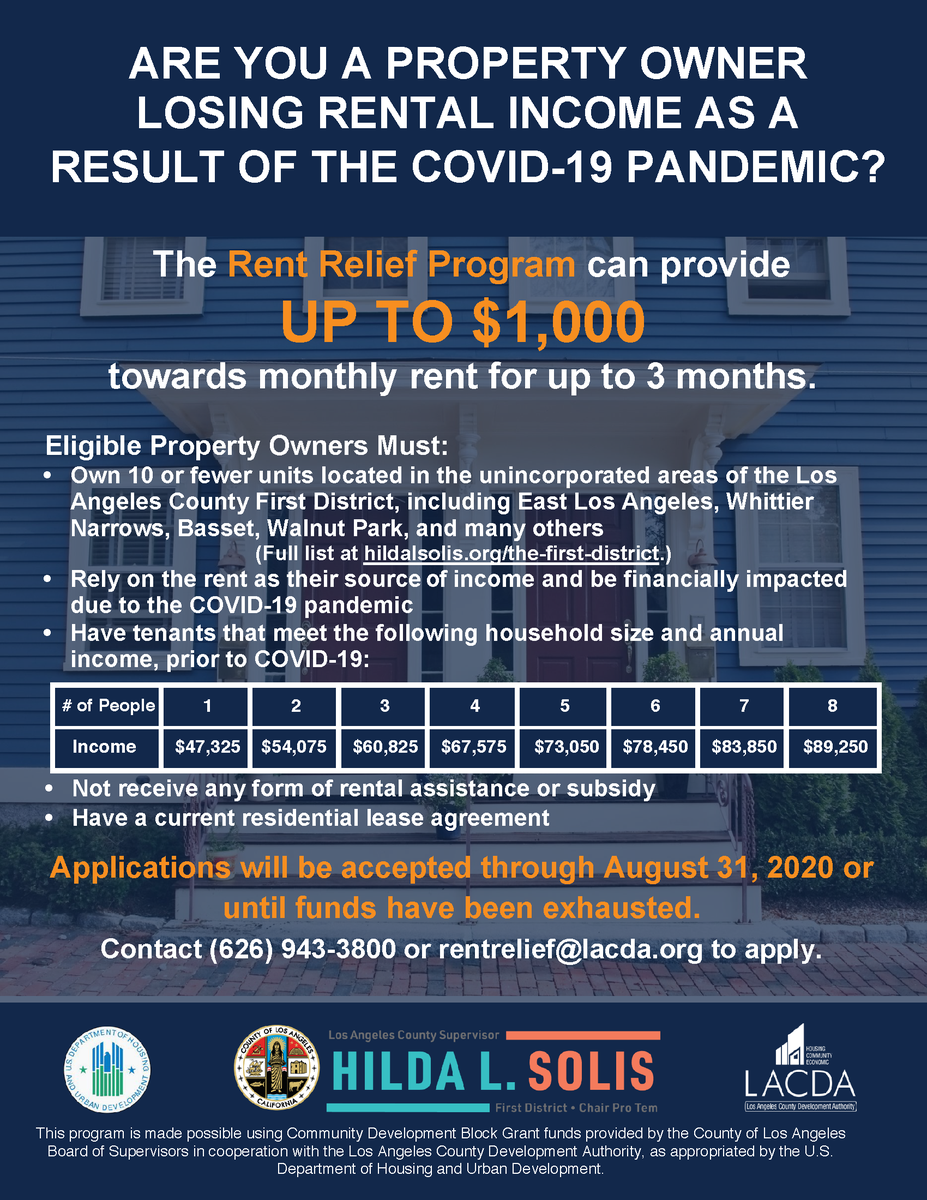

The landlord or agent may enter between the hours of 8 a.m.

for the purpose of providing regularly scheduled periodic services which are described in the lease. Also, after announcing his plan to enter the premises 24 hours in advance, the landlord may enter without the consent of the tenant between the hours of 9 a.m. The landlord or his agent may enter the rental unit without the consent of the tenant in case of emergency including change in weather conditions which would pose a likelihood of danger to the property. The tenant cannot unreasonably prevent the landlord from entering for these purposes. The landlord has the right to enter the dwelling unit with the consent of the tenant to inspect, make repairs, alterations, improvements, supply necessary or agreed services or show the premises to purchasers, lenders, prospective tenants, workmen or contractors. Appliances present in the dwelling unit are presumed to be supplied by the landlord unless specifically excluded in the lease. The landlord and tenant may agree in writing for these duties to be performed by the tenant if that agreement is entered into in good faith. Finally, the landlord must keep in reasonably good and safe working order and condition all electrical, gas, plumbing, sanitary, heating, ventilating, air conditioning and other facilities and appliances supplied, or required to be supplied by him. The landlord must provide running water, reasonable amounts of hot water and reasonable heat, unless 1) the building is not required by law to be equipped for that purpose, or 2) where the unit is equipped with appliances that generate heat and hot water and these appliances are within the exclusive control of the tenant. The landlord must keep all common areas, such as hallways and stairwells, in a reasonably safe condition, and if the rented premises contain more than 4 dwelling units, the landlord must keep the common area reasonably clean. The landlord must make all repairs and do whatever is reasonably necessary to put and keep the rental unit in a fit and livable condition.

The law requires the landlord to comply with building and housing codes materially affecting health and safety. For example, the law places an obligation of good faith upon both parties. At the same time, the State of South Carolina has enacted a general statute, the South Carolina Landlord-Tenant Act that also places certain duties and grants certain rights to residential landlords, no matter what the terms of the lease may say. The terms of the rental agreement, or lease, will control many of the duties and rights of the landlord and tenant. This information outlines the rights and duties of the landlord in the leasing of residential property under the South Carolina Landlord-Tenant Act.


 0 kommentar(er)
0 kommentar(er)
